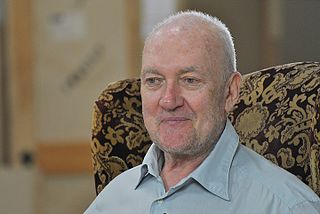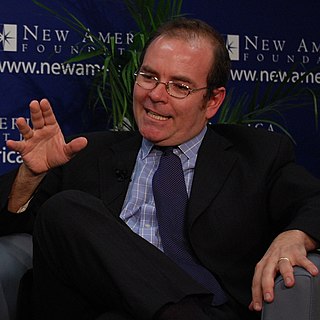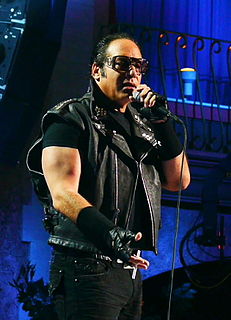A Quote by James G. Frazer
If mankind had always been logical and wise, history would not be a long chronicle of folly and crime.
Related Quotes
This fellow is wise enough to play the fool; And to do that well craves a kind of wit: He must observe their mood on whom he jests, The quality of persons, and the time, And, like the haggard, check at every feather That comes before his eye. This is a practise As full of labour as a wise man's art For folly that he wisely shows is fit; But wise men, folly-fall'n, quite taint their wit.
For as long as there's life, for as long as we have things happening in the world, for as long as people haven't been able to work it, for as long as people are not trying to work it out, for as long as there's crime, destruction, hate, bigotry, for as long as there is a spirit that does not have love in it, I will always have something to say.
The introduction of the Christian religion into the world has produced an incalculable change in history. There had previously been only a history of nations--there is now a history of mankind; and the idea of an education of human nature as a whole.--an education the work of Jesus Christ Himself--is become like a compass for the historian, the key of history, and the hope of nations.





































